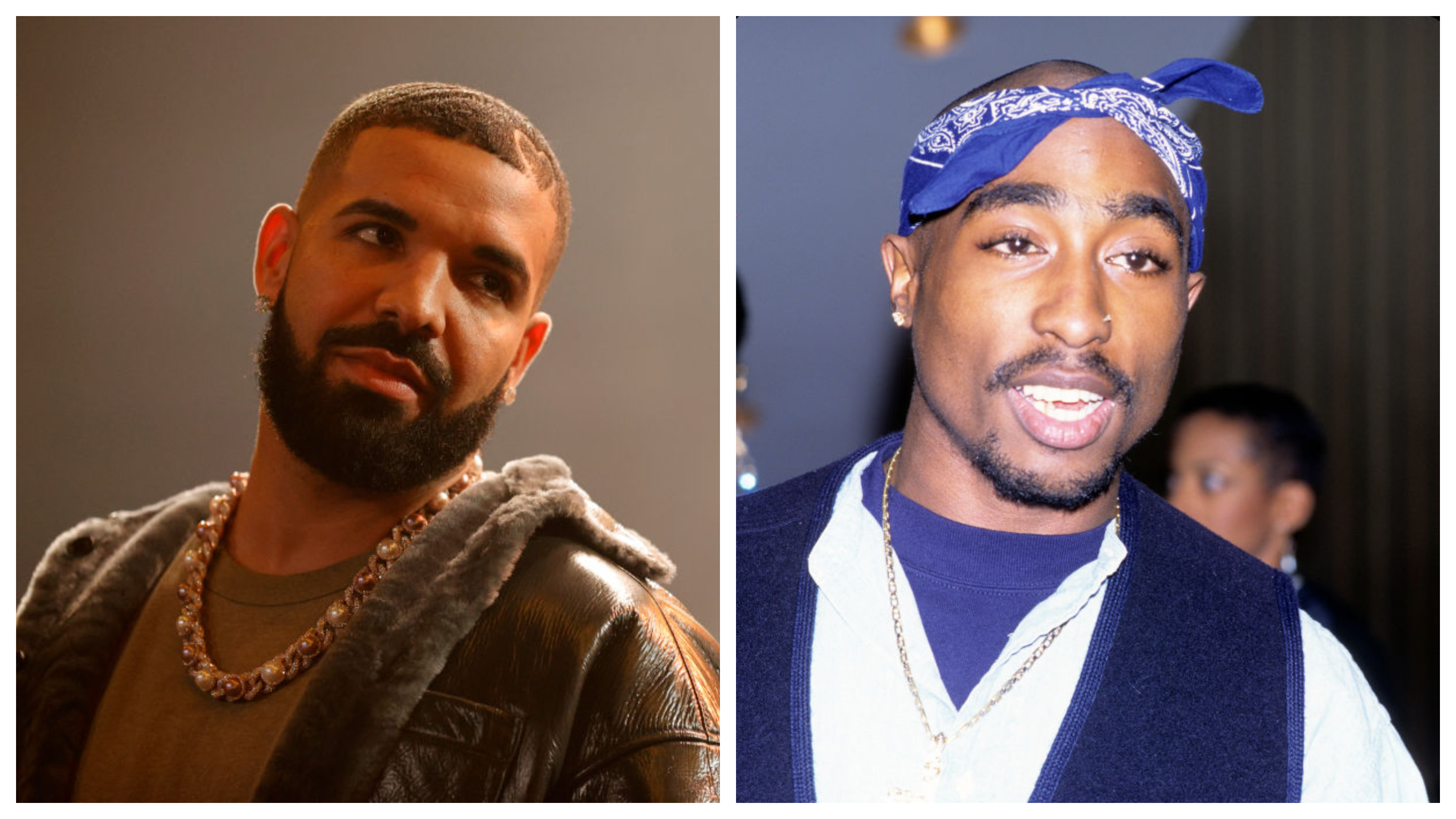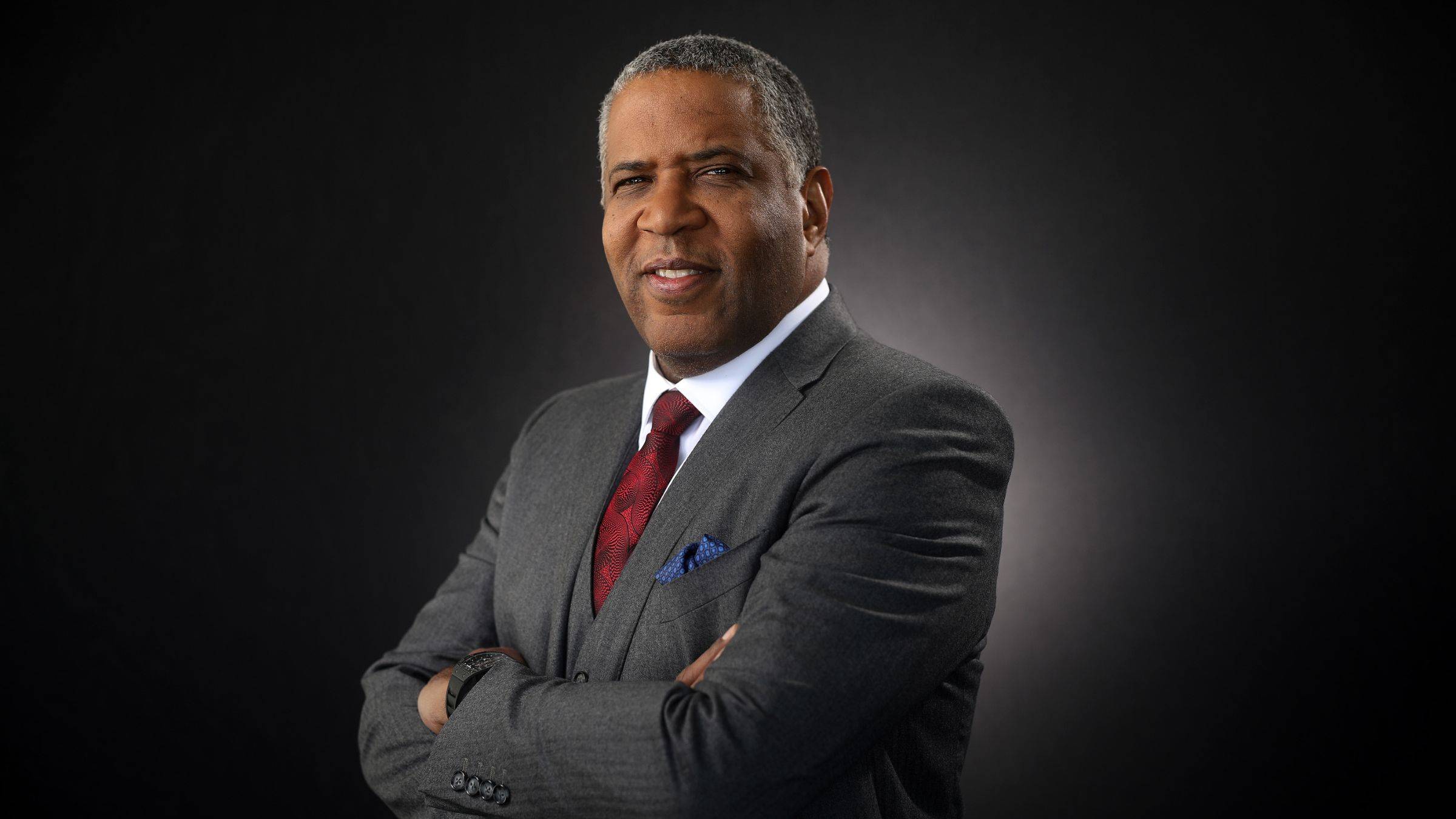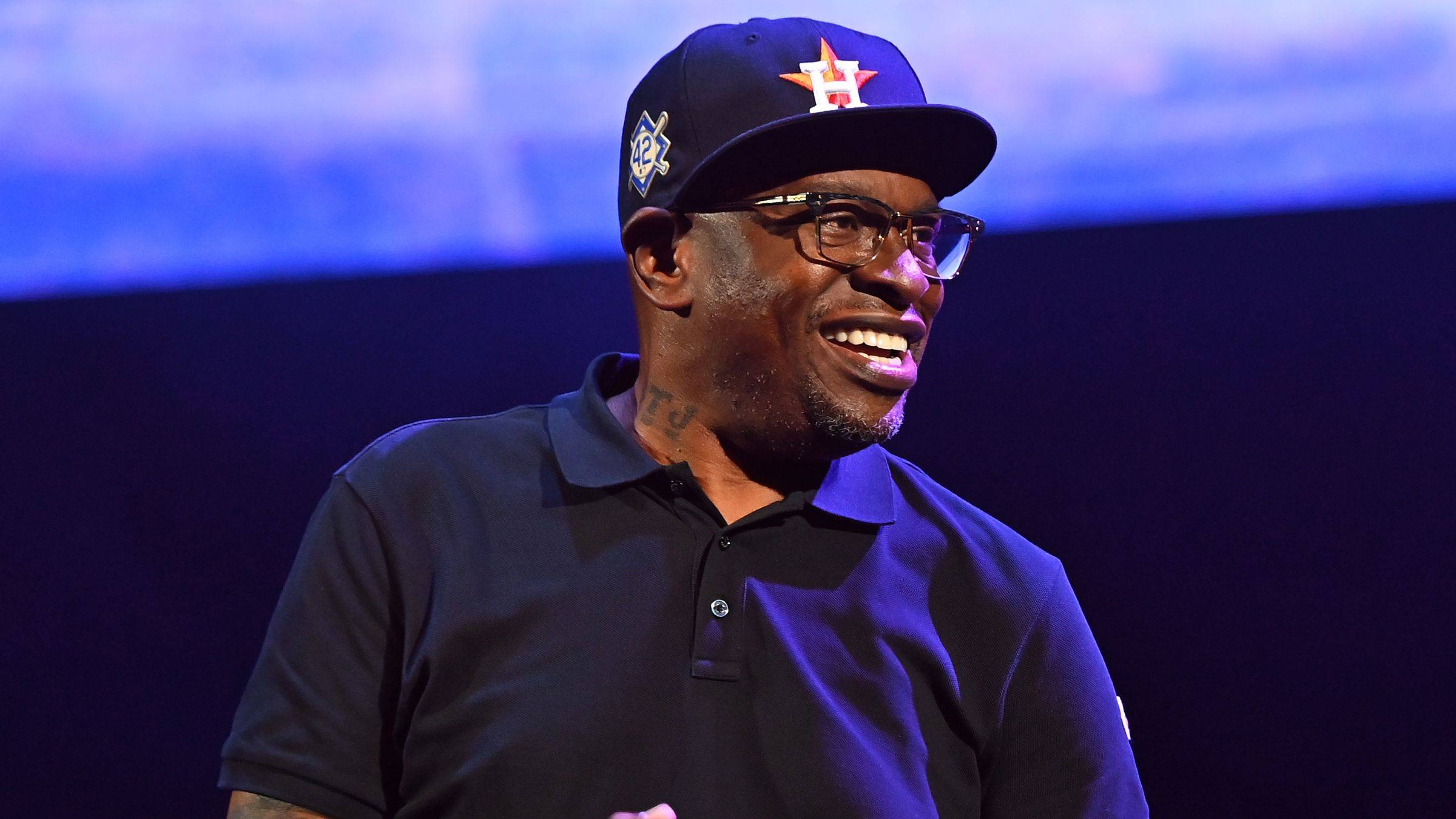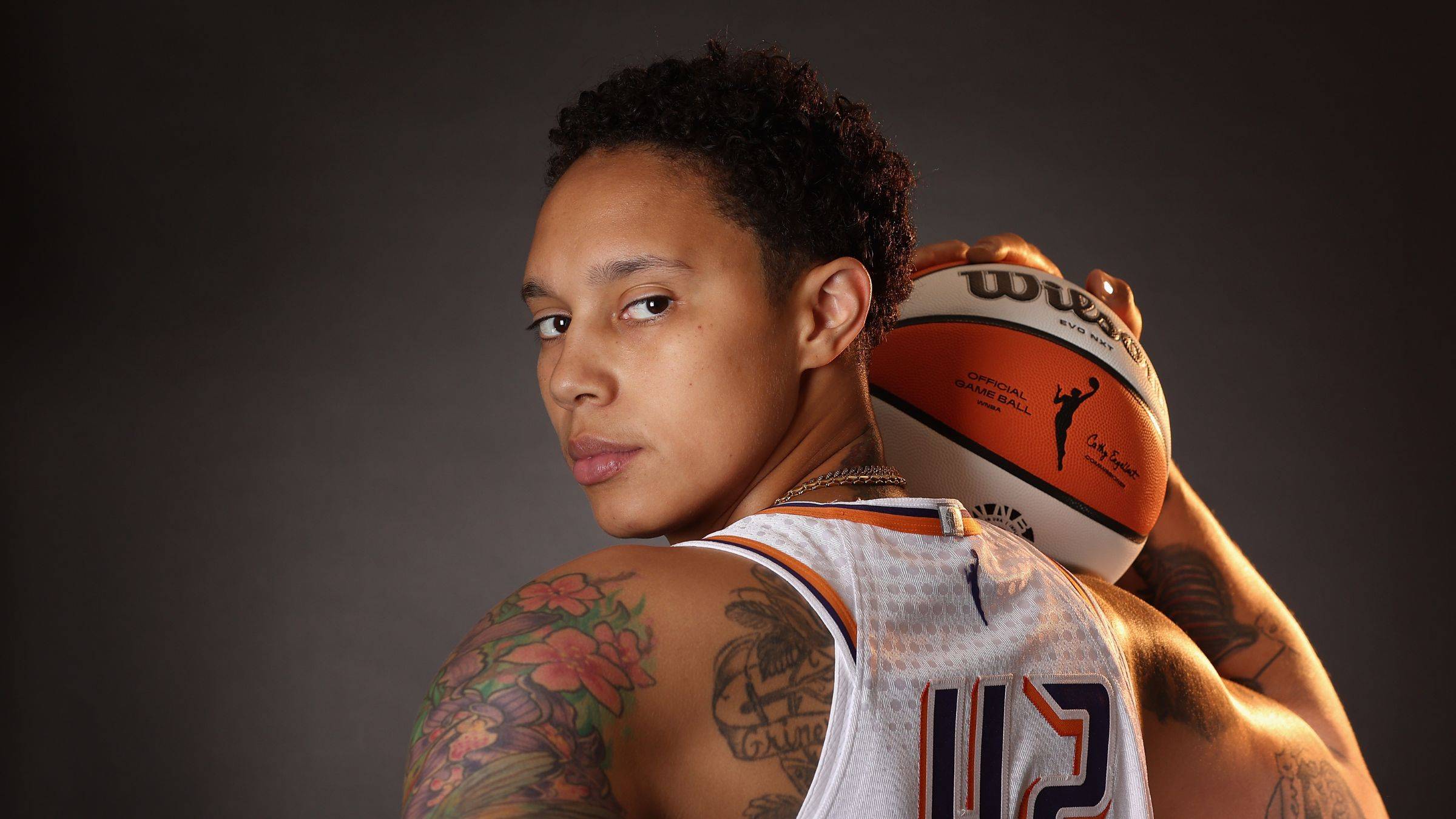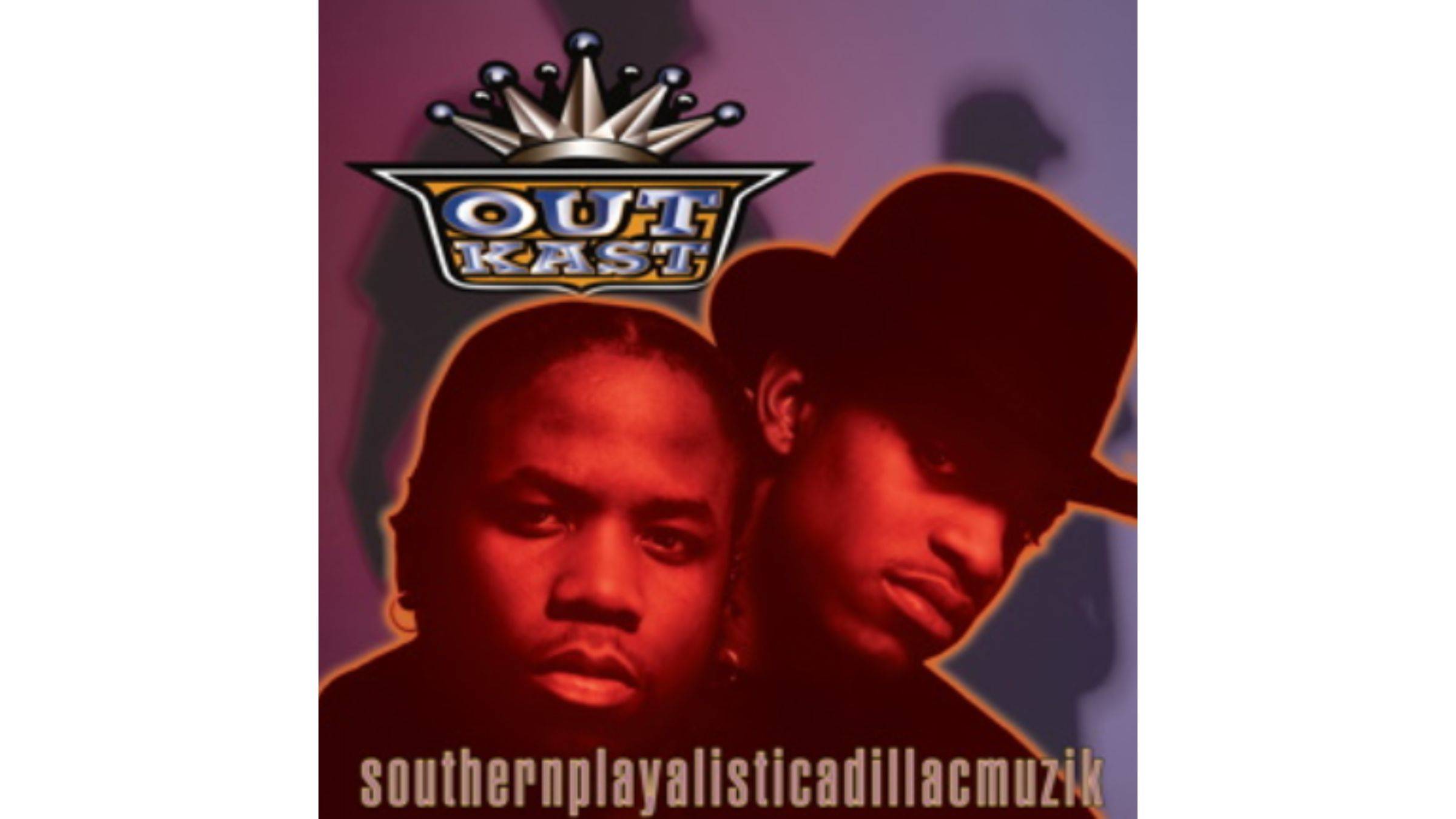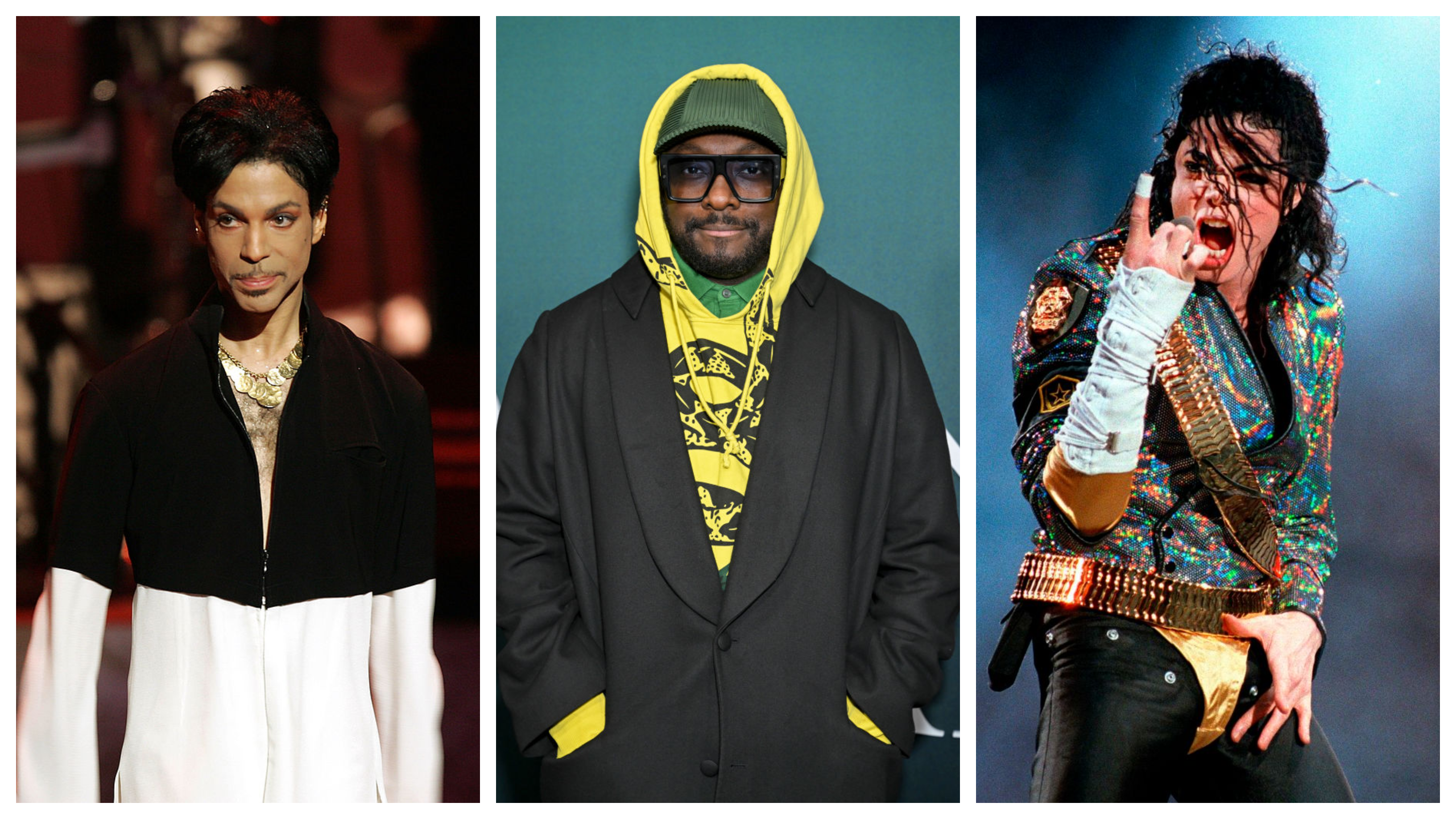Isaiah Washington: There Was an Agenda to Make Me Homophobic

Isaiah Washington is an award-winning actor who has worked with the likes of Spike Lee, Steven Soderbergh and Clint Eastwood. In 2006, at the height of his success as a series regular on the hit series Grey's Anatomy, he was named one of People magazine's 50 Most Beautiful. Unfortunately, what history will remember him for is not his acting credentials or fan following, but for the homophobic slur that took down his career.
Now, the Houston native — who took a six-year hiatus from the spotlight to focus on charity work in Sierra Leone and to rehabilitate his image — is looking to rewrite history with a powerful new film called Blue Caprice. The drama, loosely based on Washington, D.C. snipers John Allen Muhammad and Lee Boyd Malvo, is putting the focus back on Washington's strengths as an actor and producer.
One thing that hasn't changed about Washington? His ability to attract controversy. Read on to see what the actor has to say about his new role, violence in cinema and the infamous "F-word" scandal that follows him to this day.
This film was a hit at the Sundance Film Festival and you're getting rave reviews for your performance. Do you consider this a comeback of sorts?
No, I don't. [I've done other projects] that didn’t get the funding or the release we hoped for. Having said that, if the mainstream news think this film is noteworthy, then they will call it a comeback. That’s fine, but it’s just not quite accurate. I didn’t do the film to come back to anything. I did it to come and be a part of this extraordinary vision.
Did you have any hesitation playing such a hated, controversial character after you've worked so hard to rehabilitate your image?
No, not at all. I didn’t want to do a John Allen Mohammad biopic. I didn’t want to go down that rabbit hole, but I did feel that it was important that I take a calculated risk to tell a story about why people do horrible things. A lot of the film is based on true events to get the world’s attention but the larger conversation is about very personal issues: why we have a lack of fathers, the culture of violence in America and people in our community and how they’re imprisoned more. It’s a conversation that should be had. I couldn’t not take the opportunity.
Lee Boyd Malvo came out and said that John Allen Muhammad had sexually abused him for years, but this aspect of their relationship is not explored in the film. Do you know why?
That information came out after we had shot the film. But, what we learned was he was abused long before John Muhammad got involved. Unfortunately, that was a horrible part of his existence when he was in Antigua, which I'm sure affected his ability to have compassion for anyone. Meeting someone like John Muhammad who masterminded this plan, it was a perfect storm so to speak.
You received backlash from the LGBT community for using a homophobic slur. You were one of the first celebrities to go through a media firestorm over homophobia. Did you feel wrongly vilified?
At the time, of course. Who wouldn’t? I was just trying to tell the truth, but it was incredibly hard to try and stand up for myself and for my team to get the record straight. At the time, I was the largest African-American in the public eye. I was on the most successful show in America at the time. It wasn’t hard to latch the story on me and have it go viral around the world. What was hard was that the story was never accurate. It wasn’t right. Some people used the platform to spread their own agenda. Those people didn’t get what they wanted in the end. Perez Hilton said the F-word to Will.I.Am and got hit in the face. He then went beyond the call of duty to apologize to me [for his condemnation].
Although you've outwardly said you are supportive of the LGBT community and participated in the NOH8 campaign — people still say you are a homophobe. Does that hurt?
When [the incident] happened, I was single-handedly desegregating the NOH8 campaign because I told them directly, "you’re making the gay issue and civil liberties and civil rights like it’s a white issue. You need to Blacken it up." I was the first Black celebrity to take a photo with the NOH8 tattoo on my face, but no one cared because Michael Jackson died, and because they wanted to hurt someone.
Do you feel you've paid your price for what happened?
There’s no record of using the F-word or anything negative about me in the news for the last six years. I didn’t turn out to be this homophobic train wreck or whatever the agenda was at the time to make me. I am pretty much the same person for trying to get this thing called humanity at the forefront, you know? We have to be healing ourselves. So that’s pretty much what I have to say on that.
Blue Caprice comes to theaters this Friday, September 13.
BET.com is your #1 source for Black celebrity news, photos, exclusive videos and all the latest in the world of hip hop and R&B music.
Click here to subscribe to our newsletter.
(Photo: Kevin Winter/Getty Images)
